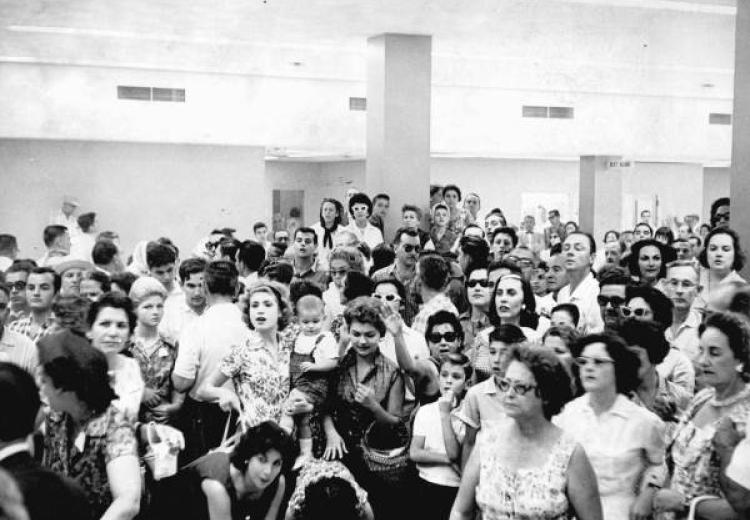Notice: Harmful Language
The following resource presents a list of terms that may reflect racist and xenophobic opinions and attitudes. In providing this list of keywords, our goal is to support research into the lives and experiences of various communities, rather than to propagate the use of derogatory or harmful language.
When researching historical materials, especially newspapers, it is often necessary to use language in common use at the time of publication. Historical newspapers reflect the opinions and attitudes of their time. Their pages often contain biased, offensive, and outdated words and images that are now understood to be harmful.
As responsible researchers, we should acknowledge and be mindful of how these terms oppressed groups of people, and take great care in using these terms to conduct research in the present.

